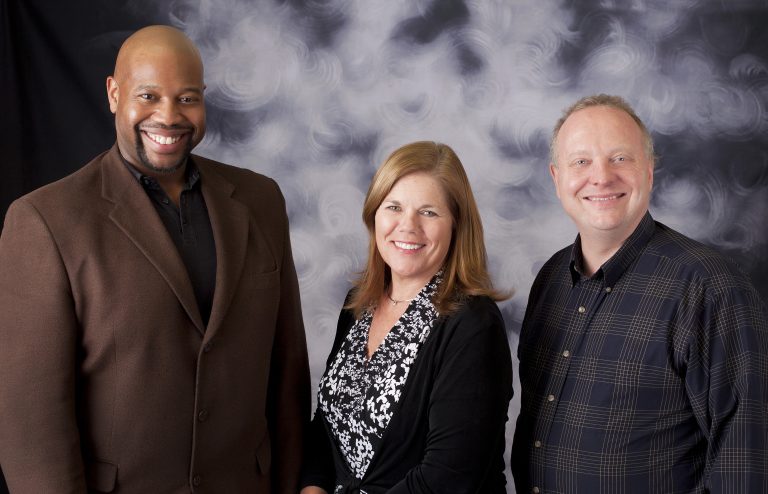Blog

Confidentiality is one of the most important aspects of a therapeutic relationship and is the very foundation of psychotherapy. When people come to therapy, they believe that the topics they discuss will be held in confidence by their counselors. It may have taken someone years to finally seek the help that they need, and most people would like to believe that information is only between them and their counselor. For the most part this is true, but there are exceptions and it is very important to understand what those exceptions are before you enter treatment.
Most counselors do their due diligence to explain to clients the first time they see them, what are the limitations of confidentiality. By understanding these limitations, it may become easier to discuss difficult topics knowing just what your counselor will keep confidential and what they cannot.
First, it is important to understand that there are not many instances in which confidentiality can be broken in an ethical way. Counselors are obligated to take training regularly to make sure they understand their ethical obligations to their clients when it comes to confidentiality, because there are times when counselors need to break confidentiality. Here is a list of some of the more common reasons:
- If you are a threat to yourself. Counselors are obligated to break confidentiality and let someone know if you pose an immediate risk to your own life. In order to break confidentiality, the clinician must have evidence that you are an immediate risk to yourself, you have the means to do so, and a plan to carry it out. If those three elements are not there, a clinician cannot break confidentiality
- If you are a threat to others (i.e., duty to protect). Clinicians can break confidentiality if you plan on harming someone else. Ohio law states that, “[E]xplicit threat of serious physical harm to another person or persons or identifiable structure is made, or who is made aware by a knowledgeable person of an explicit threat made by a patient, will initiate the duty to protect process.” In this situation the counselor is not only obligated to inform the authorities, but possibly the individual that is at risk as well if that person has been identified.
- Counselors are mandated to report child abuse, elder abuse, an abuse of individuals with developmental disabilities. In these situations, clinicians can give the appropriate authorities enough information to determine whether they need to investigate or not. It should be noted that clinicians do not do the investigation, they merely report to the authorities who will decide whether or not they will investigate. Sometimes this creates a strain on the relationship with a client if they are the person being reported. It is important to understand that these are mandated situations in which the clinician could lose their license if they did not report a situation in which a reasonable therapist would consider it to be a situation that falls under the mandated reporting criteria.
These top three are the most common reasons a therapist may break the confidentiality of a client. There are other more obscure reasons why a clinician may break confidentiality, and it would still be considered ethical:
- Clinicians may have to break confidentiality if ordered to do so by a judge via a subpoena. Clinicians don’t have to break confidentiality 100% of the time in this situation, but more often than not it will be required.
- If a clinician must summon emergency services. If a client is unconscious in a clinician’s office, clinicians can tell the appropriate authorities enough information to get that person care.
- For minor clients. Minors have confidentiality rights similar to adults with some differences. Technically minors don’t “own” their clinical record, their parents or legal guardians own it. Parents have a right to view their children’s chart upon request. I have recommended to parents that they not execute this right as it would disrupt the therapeutic process, if not alleviate it. In addition, clinicians are not obligated to break confidentiality about things discussed in detail during sessions that was not included in a therapeutic progress note. For example, if a minor client discloses that they used marijuana during a session, and that use was not clinically relevant (i.e., it was not included in a note), the clinician is not obligated to disclose that information to a parent even upon request.
Hopefully this gives you a better idea of what confidentiality means and how it is navigated in the therapeutic process. I would encourage you to talk to your therapist about confidentiality in detail beyond the normal discussion at the very first session.
If you are in need of mental health counseling, please reach out to our associates at Behavioral Health Services of Greater Cleveland at one of our two locations: Rocky River and Medina. Family, individual, and couples counseling are available. Please call (866) 466-9591 ext. 0 for an intake.
Related Posts
Founded in 2008, BHSOGC has delivered professional Psychology Services to the greater Cleveland area with offices in Medina and Rocky River. We are a multi-disciplinary group practice with a clinical staff of psychologists, licensed social workers and masters level therapists.



